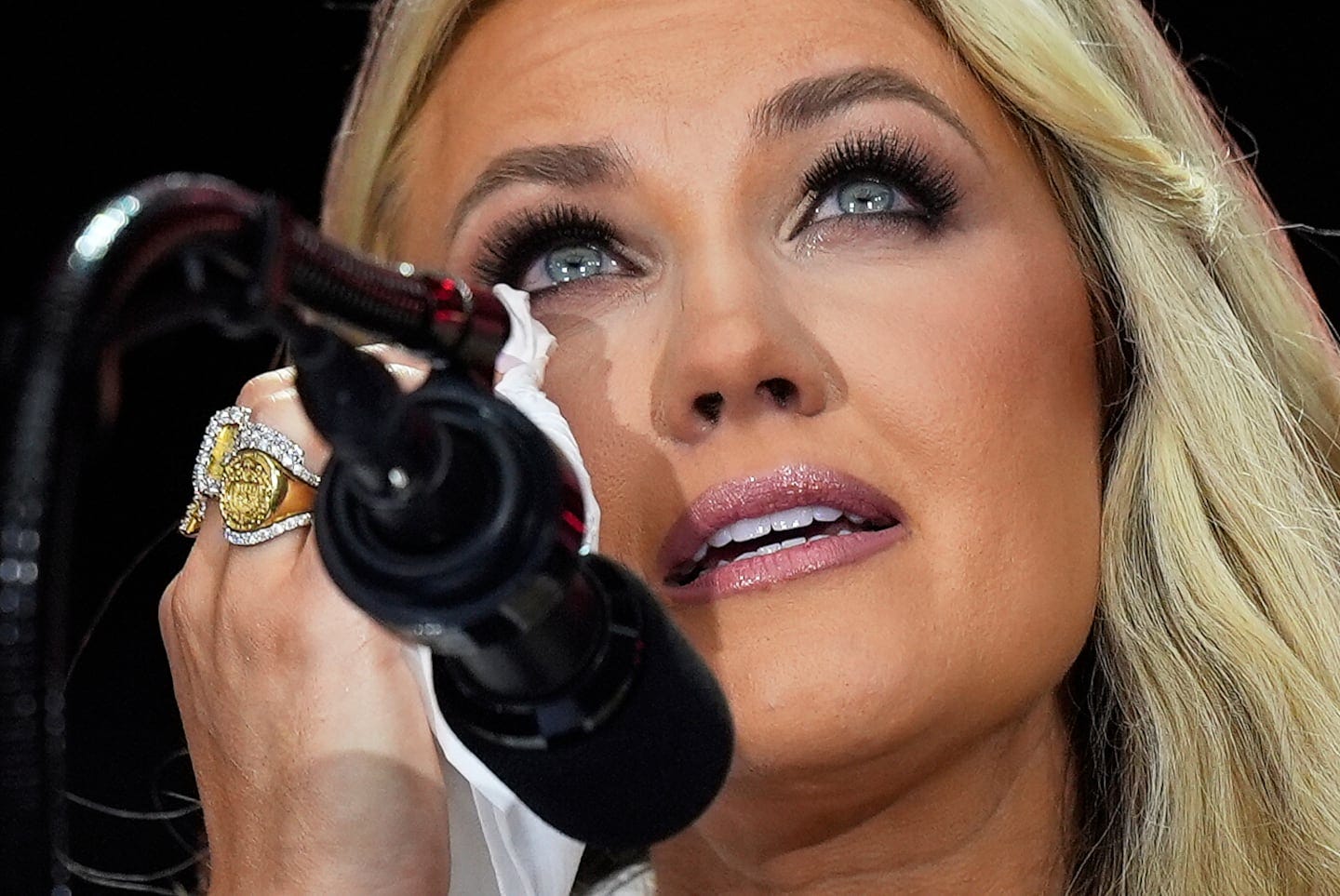Mercy and Justice
Does the radical left deserve both?
Read this essay I wrote last weekend for INFOWARS about Erika Kirk and her public forgiveness of the man accused of killing her husband, Charlie Kirk.
Mercy. Justice. Mercy and justice.
I’ve not actually read any Carl Jung. I think it was Jordan Peterson who told me that, according to Jung, Jesus had to return in the Book of Revelation as the Judge, becau…




